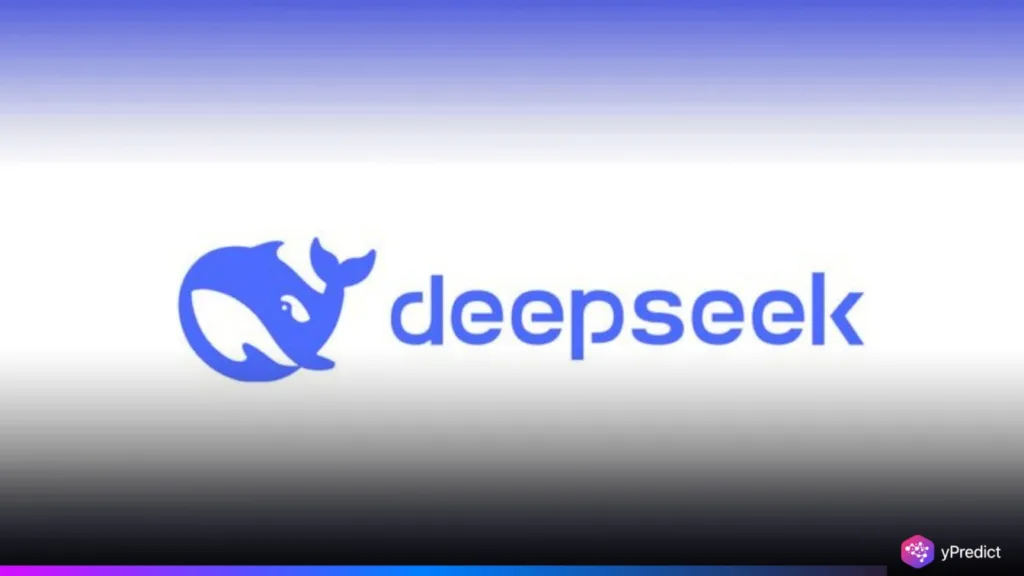
Germany’s data protection authority has ordered Apple and Google to remove the Chinese AI app DeepSeek from their app stores in Germany, citing serious violations of the European Union’s General Data Protection Regulation (GDPR). The decision follows an extensive investigation revealing that the DeepSeek AI app allegedly mishandles user data, fails to secure proper consent, and transfers sensitive information to servers outside the EU without adequate safeguards. This unprecedented move underscores Europe’s increasing scrutiny of AI technologies amid rising geopolitical tensions with China. The case marks a pivotal moment in the global debate over AI regulation, privacy protection, and cross-border data security.
Germany Confronts DeepSeek AI App Over Illegal Data Transfers
Bloomberg reports that German authorities have formally demanded that Apple and Google assess and potentially remove the Chinese AI chatbot DeepSeek from their app stores, citing violations of European data protection laws. Kamp issued the warning after the app allegedly failed to comply with EU standards for handling and transferring personal data outside the bloc.
Kamp revealed that her office initially requested DeepSeek in May to either exit the German market voluntarily or introduce protective measures for local user data. However, the Hangzhou-based developer ignored the directive. As a result, the regulator escalated the matter under the European Union’s Digital Services Act, shifting the responsibility to Apple and Google to remove the app for hosting illegal content.
DeepSeek, which drew global attention with its low-cost AI model earlier this year, stores user data, including chat logs, uploaded files, location information, and device details, on servers in China. This data handling practice violates the EU’s General Data Protection Regulation (GDPR), which requires equivalent protections for data transferred outside the European Economic Area.
Despite the seriousness of the breach, Kamp chose not to issue a fine, citing the impracticality of enforcing penalties against a China-based company. Google confirmed it is reviewing the notice, while Apple declined to comment. DeepSeek has not responded.
Mounting Global Scrutiny of DeepSeek’s Security Practices
Germany’s regulatory action aligns with similar moves across Europe. Italy previously banned DeepSeek over unresolved data privacy issues, while the Netherlands prohibited its use on government devices. Investigations are also underway in Belgium, Spain, and Ireland, with Spanish consumer groups calling for a nationwide review.
Moreover, beyond Europe, DeepSeek is under increasing global scrutiny. Australia has banned the app from government systems, while in the U.S., national security concerns have escalated. A congressional committee linked DeepSeek to Chinese military and intelligence activities, prompting proposed legislation to ban AI tools from adversarial nations, specifically naming DeepSeek.
The Commerce Department has already restricted its use on government devices, and the White House is reportedly weighing broader curbs on Chinese AI technologies amid growing geopolitical tensions.
DeepSeek’s Rise and the Backlash Against Its AI Model
Launched in January by a little-known Chinese startup, DeepSeek quickly drew global attention with its R1 model, which claimed performance on par with ChatGPT despite using less advanced hardware. The debut sparked both intrigue and concern, as it disrupted assumptions about the cost and complexity of building powerful language models.
However, DeepSeek’s rapid rise has sparked backlash over its extensive data harvesting, with all user content, metadata, and system information routed through China, where firms must cooperate with state intelligence agencies. Regulators warn that EU users lack legal protection under China’s weak privacy standards, and the GDPR prohibits such data transfers to countries without “adequate” safeguards, a designation China does not have.
Therefore, Kamp has urged Apple and Google to review whether hosting DeepSeek violates the Digital Services Act, warning that the app poses serious privacy risks and should be classified as unlawful content. As investigations expand and global scrutiny intensifies, DeepSeek has become a flashpoint in the wider debate over data sovereignty, AI governance, and the international influence of Chinese tech firms.






